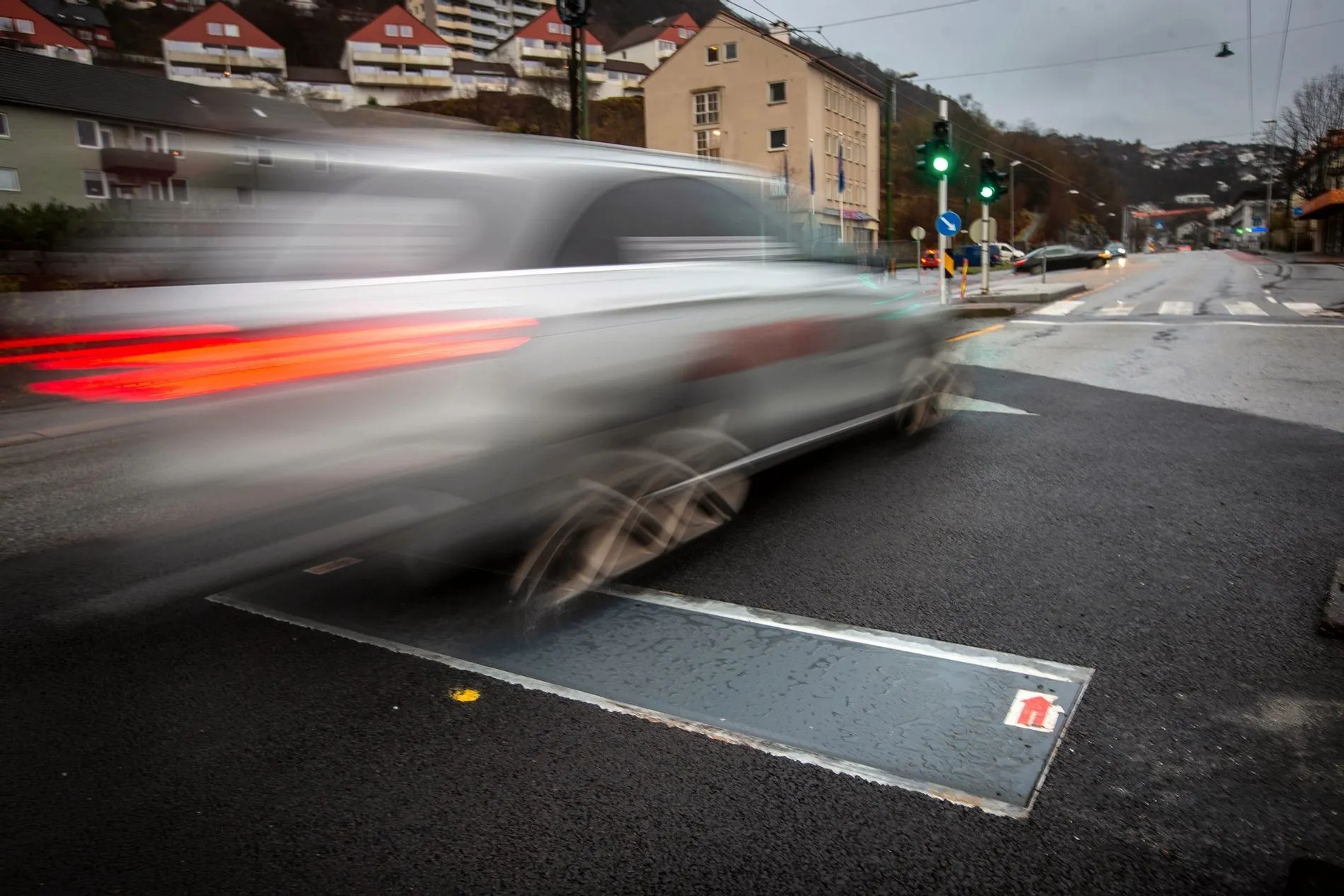
Edeva's Actibump traffic calming product is now available worldwide, says the Swedish manufacturer.
The system - which only affects drivers who break the speed limit - consists of the 'active' speed bump, Actibump, and a software platform, EdevaLive,that monitors the hardware and collects and presents data from sensors on site.
The visible part of the Actibump is a hatch integrated into the road surface. A radar measures the speed of oncoming vehicles and the hatch lowers a few centimetres when an approaching speeding vehicle is detected.
This creates a dent in the road, which gives the driver a physical reminder that they are travelling too fast.
The idea is that it leads to a behavioural change; if drivers observe the speed limit the hatch remains level with the road surface, and therefore does not affect the vehicle.
Regular speed bumps force the heavier traffic, such as buses, to slow down much more than lighter vehicles.
Edeva says this means "buses and emergency vehicles get better accessibility compared to regular speed bumps, bus drivers and passengers get a comfortable ride, and vulnerable road users get a safe passage".
EdevaLive collects and displays radar data on speeding, average speed, 85thpercentile speed and speed distribution in a web interface.
The company says this shows Actibump's effect on speeding behaviour lasts, or even improves, over time.
Additional sensors can be installed in the Actibump or at the installation site in order to get data regarding vehicle types, vehicle weight, noise levels, air quality, temperature and ground vibrations, Edeva says.










